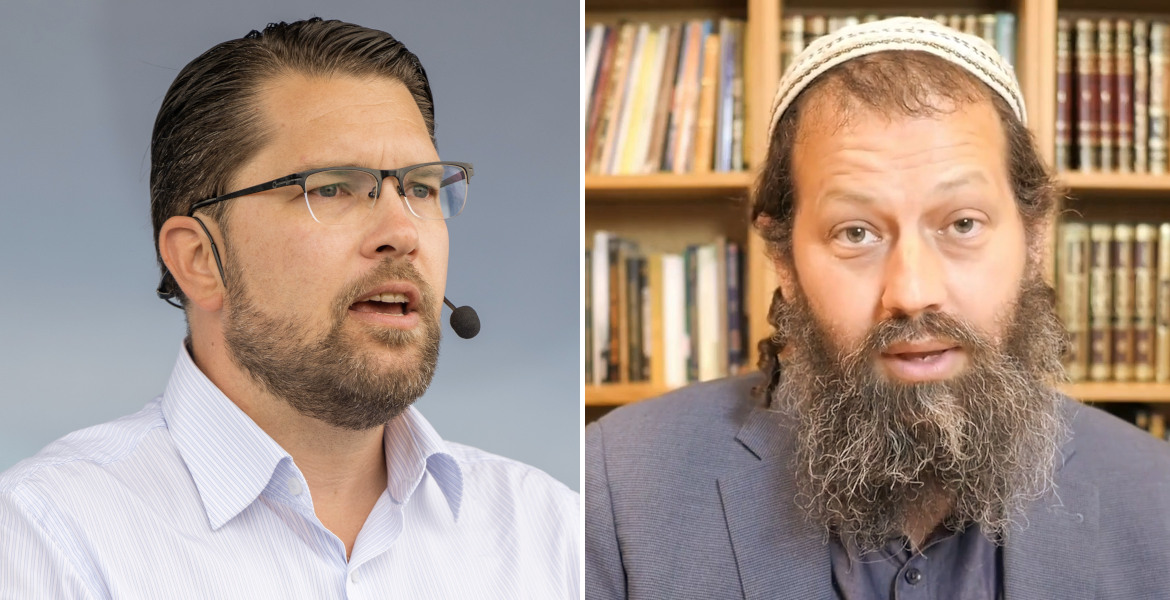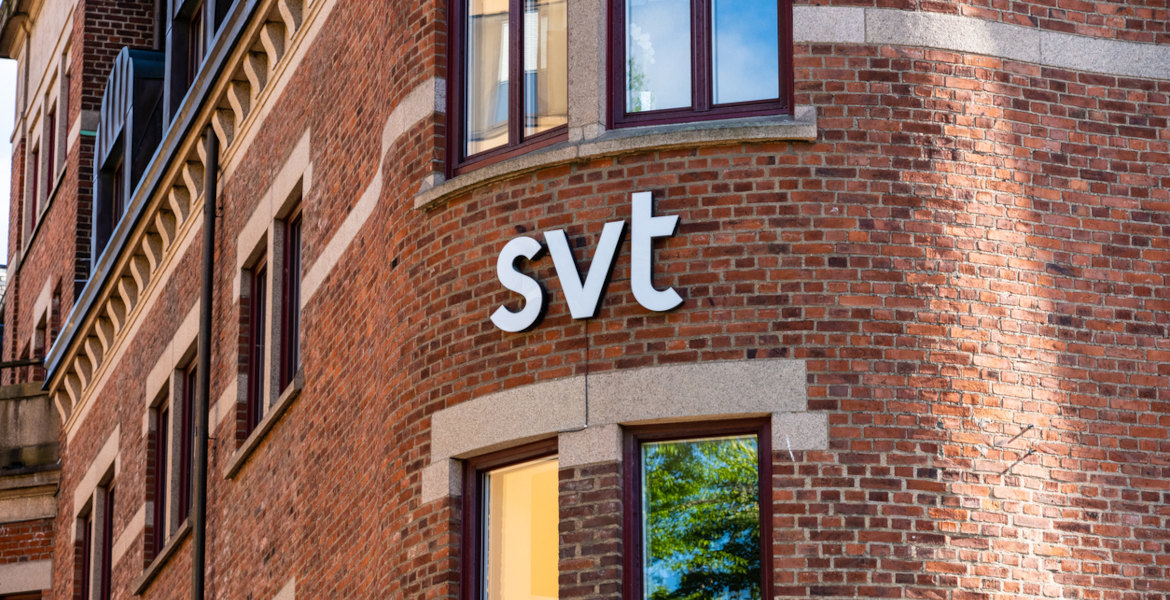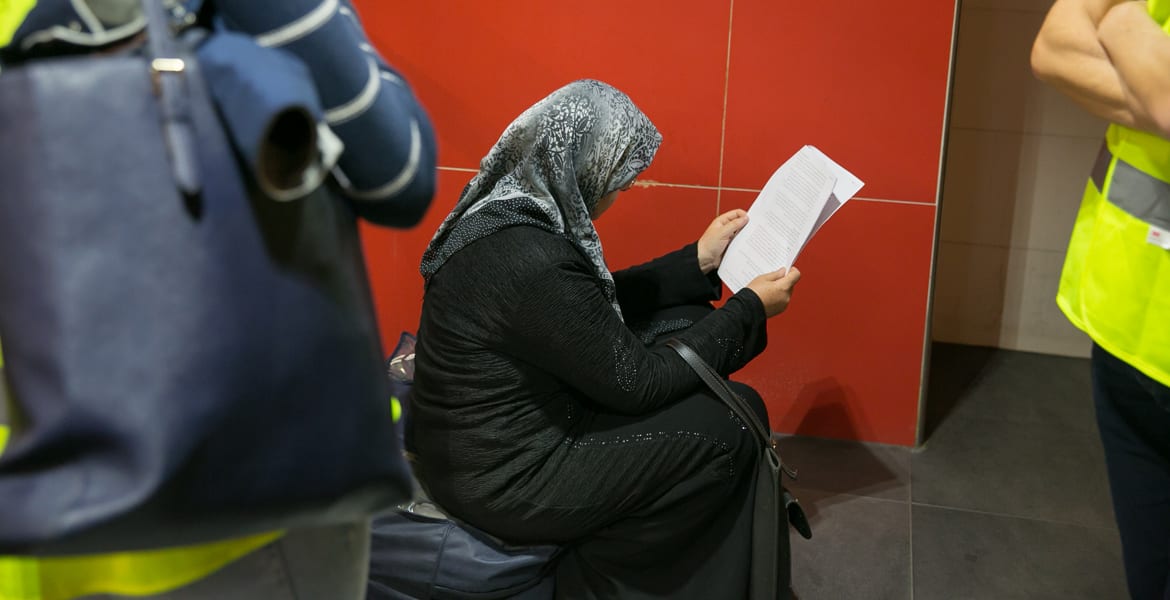Struggling battery manufacturer Northvolt has filed for bankruptcy with the Stockholm District Court, putting its 3,500 employees at risk of losing their jobs.
"This is the only available solution", the company stated, as the collapse is being described as one of the largest industrial failures in Swedish history.
For a long time, Northvolt was hailed by politicians, business leaders and the establishment media as a pioneering effort to bring about the "green transition" that those in power believe is necessary. However, it was never a success and after billions in losses, the threat of bankruptcy that has long hung over the company has also become a reality.
The decision to file for bankruptcy on Wednesday morning was taken at an extraordinary board meeting on Tuesday evening, and officials say there were simply no longer any realistic alternatives.
"Despite having exhausted all available options to negotiate and implement a financial restructuring, including a Chapter 11 process in the US, and despite liquidity support from our lenders and key counterparties, the company was unable to secure the necessary financial conditions to continue in its current form", they wrote in a press release.
– This is an incredibly difficult day for everyone at Northvolt. We set out to build something groundbreaking - to drive real change in the battery, electric vehicle and wider European industry and accelerate the transition to a green and sustainable future, commented interim chairman Tom Johnstone.
The bankruptcy affects Northvolt AB, Northvolt Ett AB, Northvolt Labs AB, Northvolt Revolt AB and Northvolt Systems AB.
"Dark day for all of us"
Today, the battery manufacturer has around 3,500 employees – most of them based in Skellefteå, Västerås and Stockholm. All of them are now at risk of unemployment and analysts say that Norhtvolt's bankruptcy is one of the worst single industrial crashes in the country's history.
A bankruptcy trustee will be appointed by a Swedish court to manage the sale of the business and its assets. The parent company's liabilities are currently estimated at around SEK 58 billion (€5.3 billion).
– It is of course a heavy message and a very dark day for all of us who have worked hard every day and hoped that the company will get through this tough time, says Shaneika Jeffrey, Shaneika Jeffrey, vice chairman of the Unionen club at Northvolt Ett in Skellefteå.
It can further be noted that Northvolt Germany and Northvolt North America have not filed for bankruptcy.




